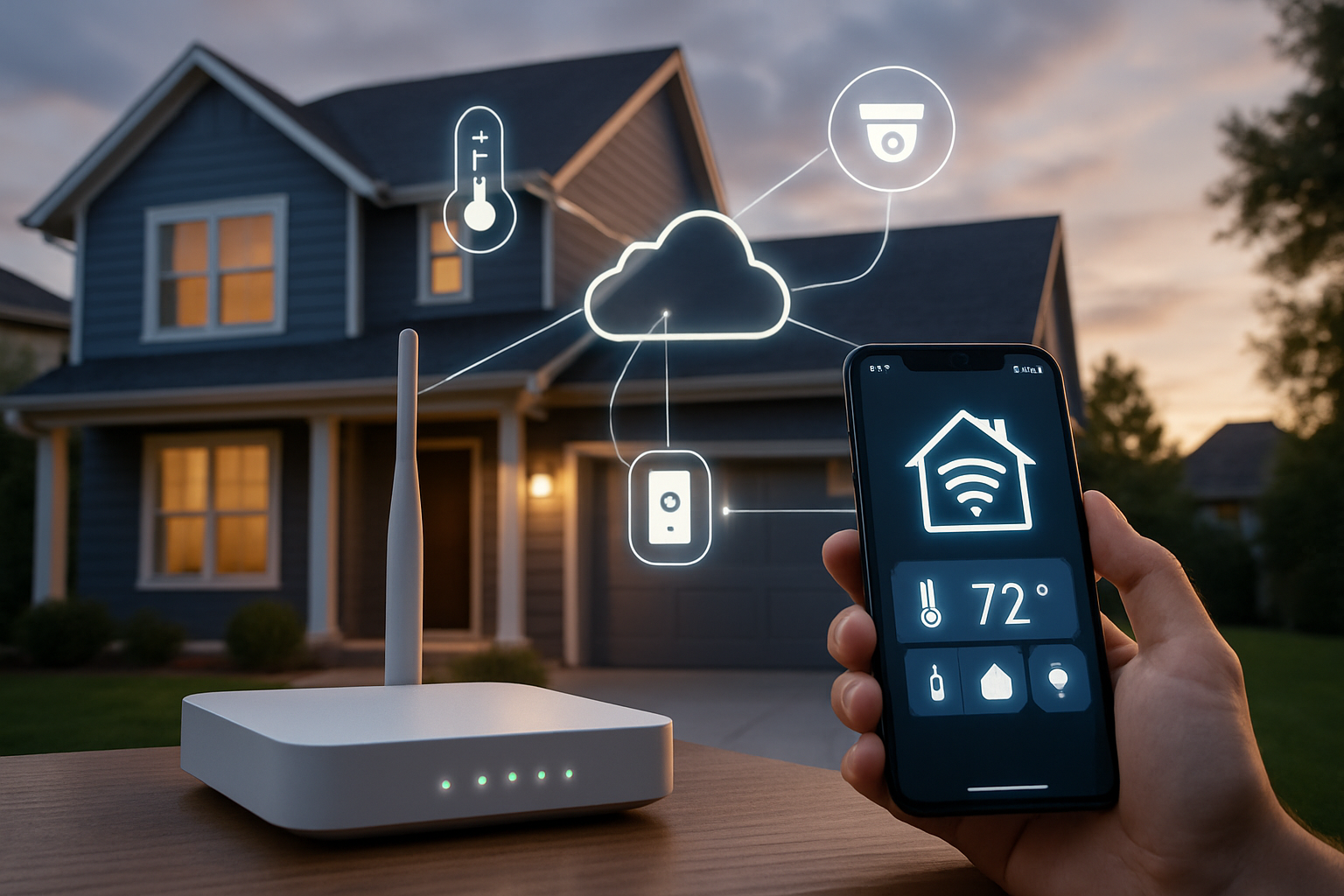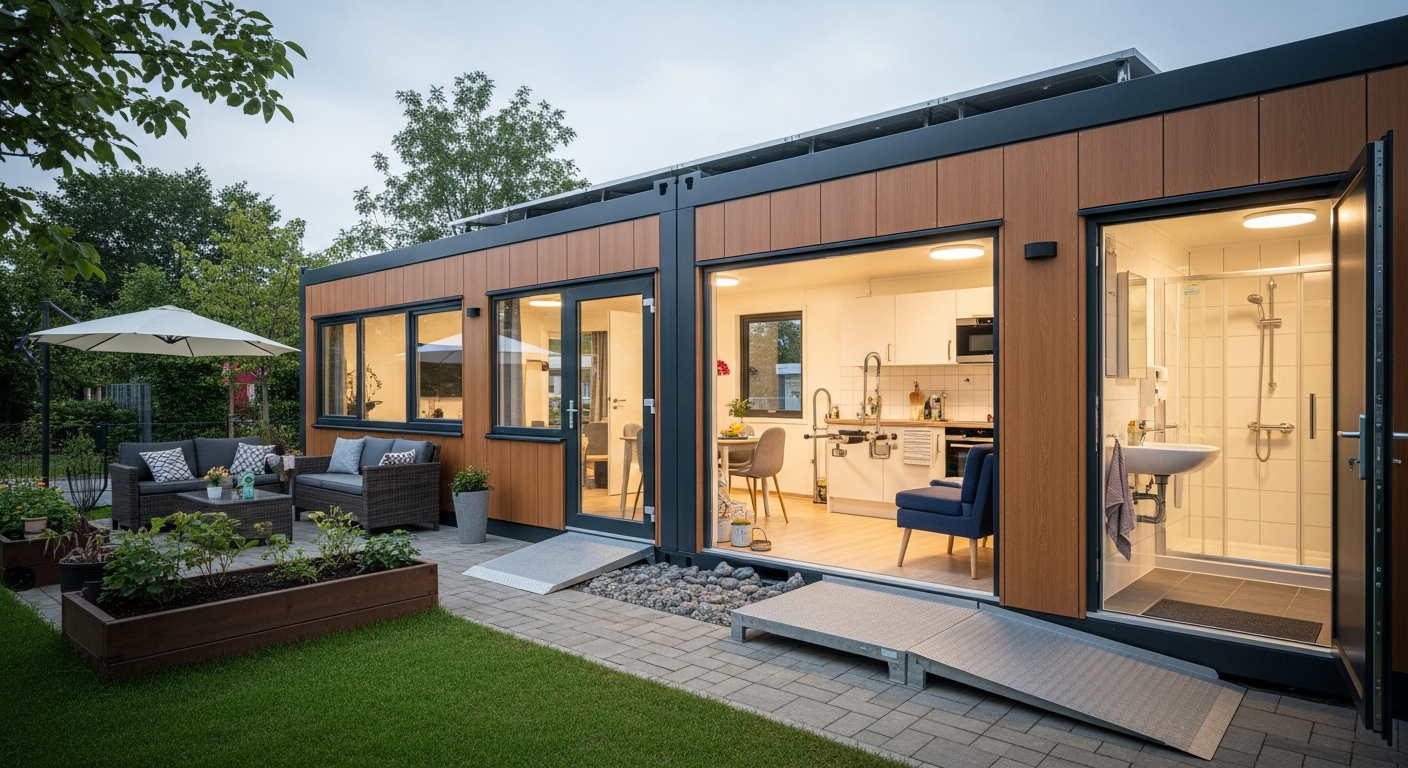Demystifying the Role of Telecommunications in the Modern Smart Home
The digital revolution has turned our homes into hubs of digital technology. From voice-activated smart speakers to smart thermostats and doorbells, the smart home is here to stay. But how does telecommunications power this modern convenience? Our homes used to be self-contained units, but now they are vibrantly connected to the wider world through an intricate network of internet and telecommunications services. This article will unravel the role of telecommunications in the smart home, looking at the key technological developments, current industry trends, and the impact of these services on our daily lives.

The Genesis of the Smart Home
The idea of a smart home has been around since the 1930s when the World’s Fair envisioned homes equipped with remote controls and wireless technology. However, it wasn’t until the advent of the internet and wireless technologies in the late 20th century that the concept became a reality. The first smart devices, like thermostats and security systems, relied on telecommunications to connect to the internet and each other.
The Role of Telecommunications in the Smart Home
Telecommunications plays a critical role in the functioning of a smart home. Multiple devices, from smart TVs to refrigerators, rely on a robust and reliable internet connection to function effectively. Telecommunication services provide the necessary infrastructure to keep these devices interconnected and working in harmony.
Current Trends in Smart Home Telecommunications
As smart homes become more sophisticated, so too does the telecommunications technology that supports them. One major trend is the shift towards higher frequencies and faster speeds to accommodate the growing number of connected devices in a single home. Another trend is the increased reliance on cloud services, as they offer increased storage and processing power without the need for bulky hardware.
The Impact of Smart Home Telecommunications
The impact of these advancements in telecommunications on our daily lives is profound. Smart homes equipped with the latest telecom services offer increased convenience, security, and energy efficiency. However, they also present challenges such as data privacy concerns and the need for reliable internet connectivity.
The Future of Smart Home Telecommunications
The future of smart home telecommunications is bright. With advancements in technologies such as artificial intelligence and machine learning, we can expect our smart homes to become even smarter. These advancements will undoubtedly be powered by cutting-edge telecommunications technology, making it an exciting field to watch.
In conclusion, telecommunications plays a pivotal role in making our homes smarter and our lives easier. As technology continues to evolve, so too will the role of telecommunications in our homes. It’s a fascinating topic that deserves our attention as we move towards an increasingly connected future.
Note: This article provides an overview of the role of telecommunications in the smart home and is not intended to be an exhaustive examination of the subject. It is intended to spark curiosity and encourage further exploration of this fascinating field.




